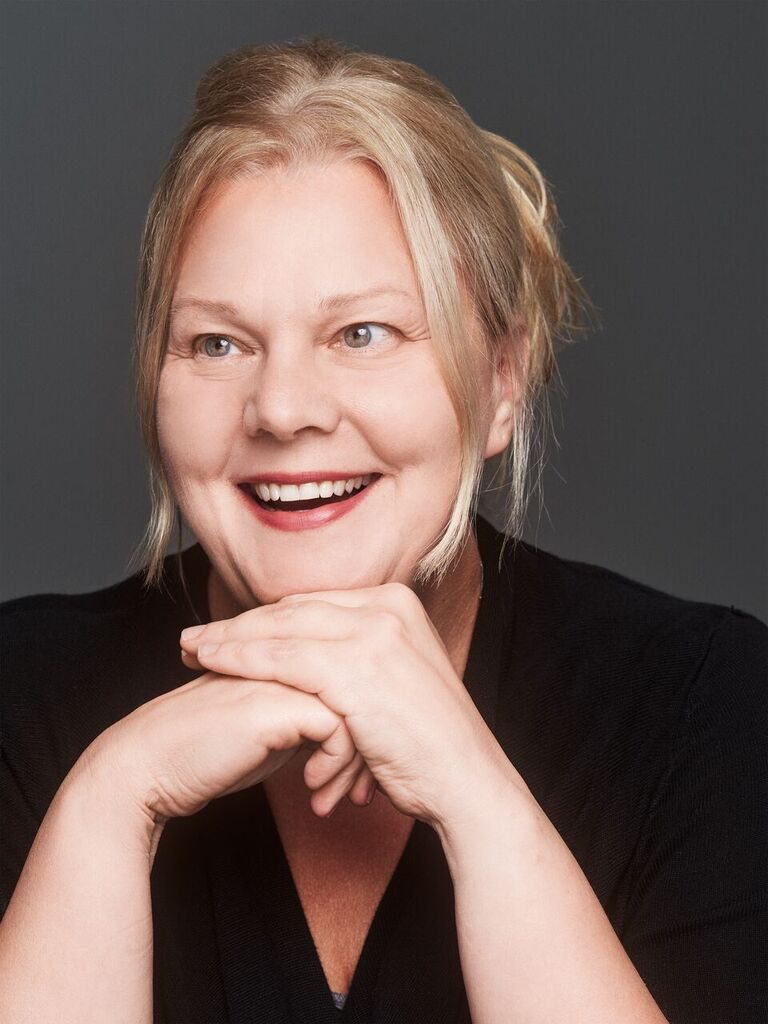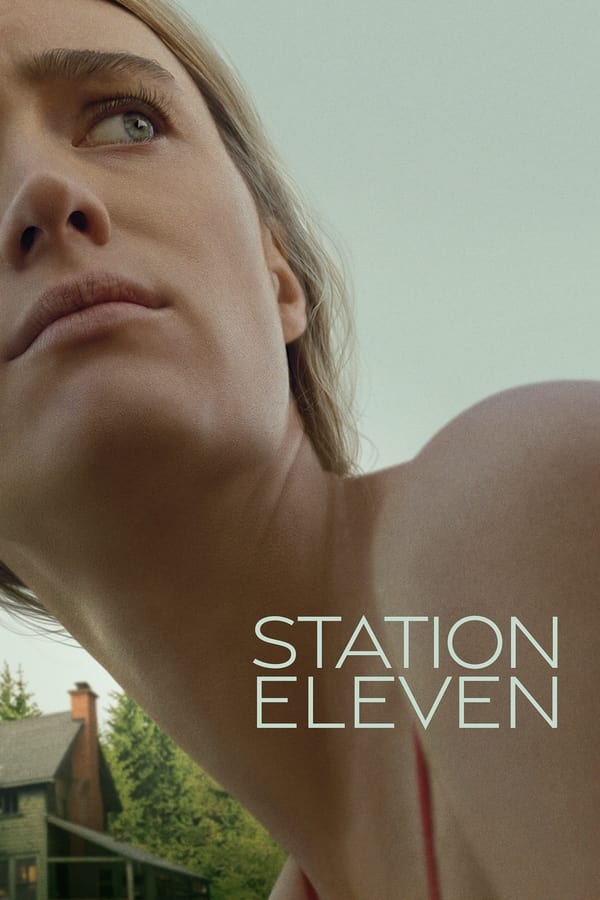Mary Jane Skalski is currently the President of Production at Echo Lake Entertainment where she also represents a handful of clients. She also teaches in the Graduate Producing Program at Columbia University and is a member of AMPAS, serving on the Producers Branch Executive Committee. She has worked with acclaimed filmmakers including Ang Lee, Nicole Holofcener, Ed Burns, Tom McCarthy and Gregg Araki, to name a few. Mary Jane shared her views on the current state of the industry with Creative Screenwriting Magazine.
What most excites you about your current role at Echo Lake Entertainment?
I love having the ability to look everywhere for material – books, articles, remakes or original scripts. And then to let that material find its best way to the world – whether that is a movie for theatrical release, for streaming, an ongoing series, limited series or even a podcast.
What is the current mood of the market in terms of what it’s looking for?
Where does Echo Lake Entertainment fit into the overall marketplace?

Mary Jane Skalski
What most attracts you to a project?
Where do you typically source new projects/ clients?
What is your ideal writer client?
What does a writer need to know before approaching you to read their script and potentially representing them?
Should writers have any ancillary material such as storyboards, bibles, and casting lists available?
How soon into reading a script do you decide if it’s right for you?
What keeps you reading? What makes you stop?
Where do you see the overlooked opportunities for writers right now?

Do you believe in finding the next big thing like Squid Game or are you more interested in a slow and steady approach to your work?
I am not one of those producers who can reverse engineer the process. I don’t know how to look at the marketplace and say, “Here’s what’s missing. I will go find it.” I’d love to find something that a lot of people want to experience, but I only know how to do it the way I’m doing it, which is to find things I love, and that I think I can make a difference in how they are made. And then work to put them into the world.
